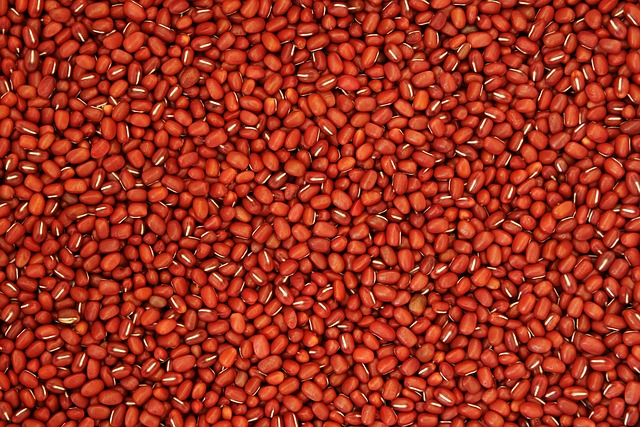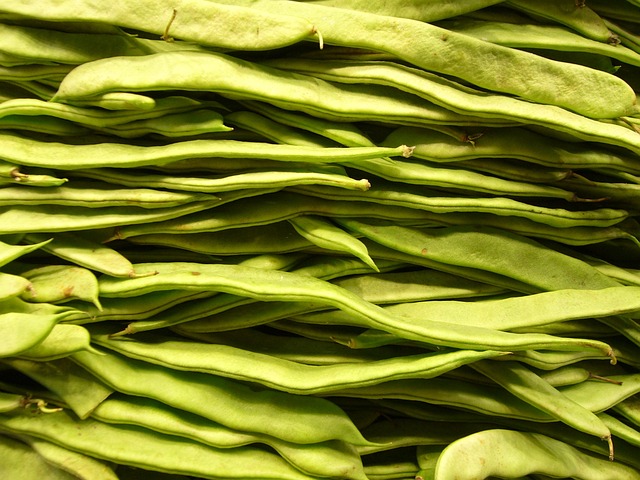What Makes Beans So Special? Beans, often sitting unassumingly on grocery store shelves, pack a punch far beyond their humble appearance. As a versatile and nutritious food staple, beans have graced our plates for thousands of years. Yet, they remain somewhat of an underrated gem in the modern diet. So, what makes beans a genuine superfood?
Why Are Beans Considered a Superfood?
Superfoods are nutrient-rich foods that provide numerous health benefits. Beans, being rich in proteins, vitamins, minerals, and fiber, certainly fit the bill. They’re not only heart-healthy but also support weight management, muscle development, and overall well-being.

What Types of Nutrients Do Beans Provide?
Beans come loaded with a wealth of nutrients:
- Protein Powerhouse: Beans are a great protein source, especially for those who follow vegetarian or vegan diets.
- Rich in Fiber: The dietary fiber in beans aids digestion and keeps the gut healthy.
- Vitamin and Mineral Treasure Trove: Beans are rich in essential vitamins like folate and minerals such as iron, magnesium, and potassium.
How Do Beans Promote Heart Health?
Several studies tout the heart-healthy benefits of beans:
- Cholesterol Reduction: The soluble fiber in beans binds cholesterol, helping to reduce its levels in the bloodstream.
- Blood Pressure Control: Minerals like potassium and magnesium help regulate blood pressure.
- Anti-inflammatory Properties: Certain antioxidants in beans reduce inflammation, a risk factor for heart disease.
Can Beans Help in Weight Management?
Absolutely! Here’s how beans support a healthy weight:
- Feeling Full Longer: The high fiber and protein content in beans make you feel satiated, curbing unnecessary snacking.
- Low in Fat: Most beans are naturally low in fat and don’t carry the saturated fats found in some animal proteins.
- Stabilizing Blood Sugar: Beans have a low glycemic index, ensuring a steady release of energy without causing rapid spikes in blood sugar.
What Are the Different Types of Beans, and How Can We Incorporate Them?
From kidney beans to lentils, the bean family is vast and varied:
- Versatile Varieties: Black beans, navy beans, chickpeas, pinto beans, and many more provide a wide range of flavors and textures.
- Cooking Creativity: Beans can be included in soups, salads, main courses, or even desserts (like black bean brownies!).
- Ease and Accessibility: Both canned and dried beans are easily accessible, affordable, and store well for long durations.

Are There Any Concerns or Side Effects with Bean Consumption?
While beans are nutritious, it’s worth noting:
- Digestive Discomfort: For some, beans can cause bloating or gas. Pre-soaking beans or incorporating them gradually into the diet can help.
- Phytic Acid Concerns: Beans contain phytic acid, which can inhibit the absorption of certain minerals. Cooking, soaking, or fermenting beans can reduce this effect.
Why Should Beans Be a Staple in Our Diet?
Beans, with their exceptional nutritional profile, versatility, and affordability, truly deserve a spotlight in our daily meals. As we move towards conscious eating and sustainable choices, beans stand out as an environmental-friendly protein source that also champions our health. So next time you pass by that aisle in the grocery store, remember: those humble beans are nature’s power-packed nuggets waiting to nourish you!

